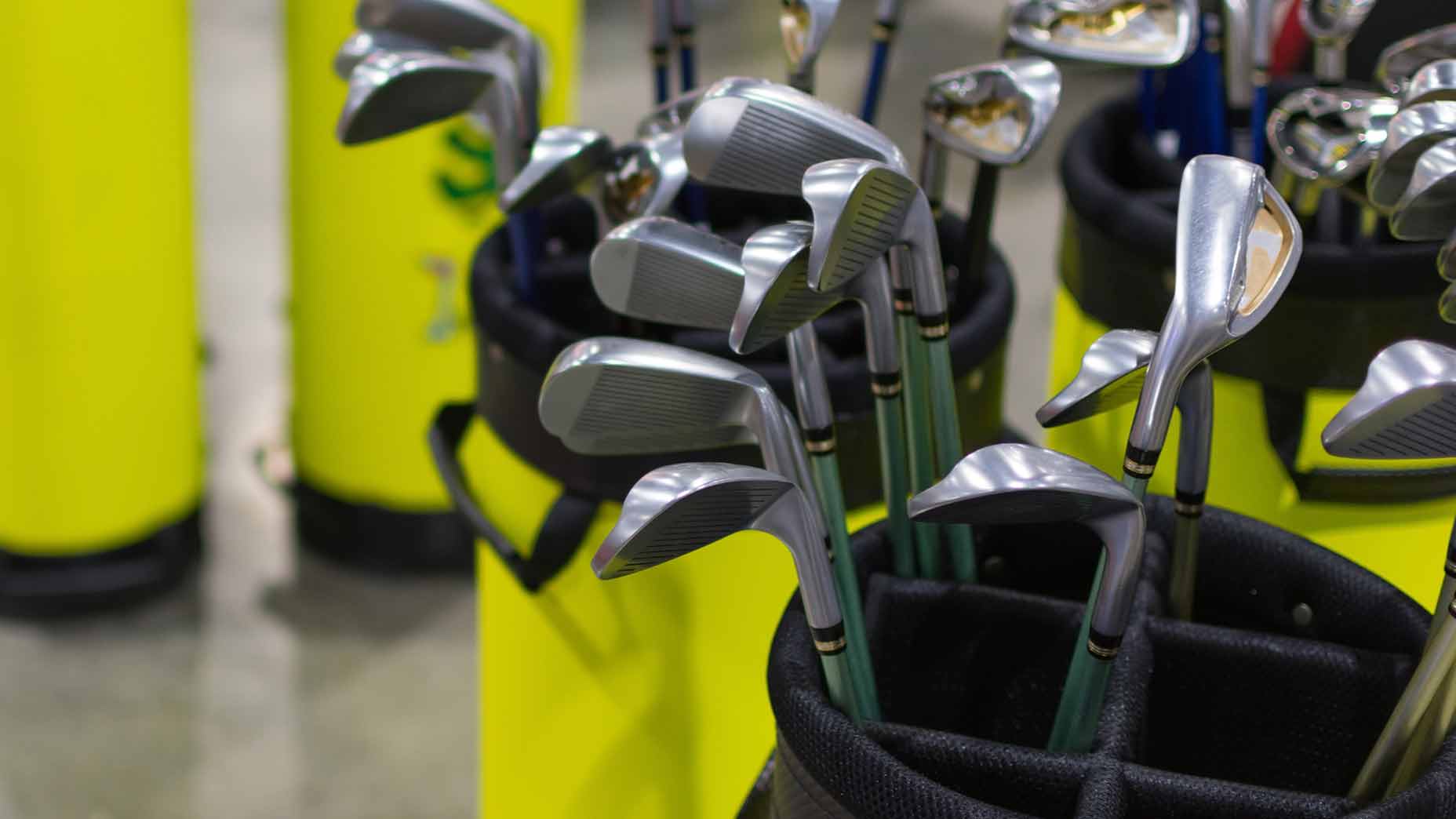The Etiquetteist was checking in at his local muni when another golfer approached the counter. He said he’d lost his range finger and asked if anyone had turned one in that day. No one had.
But, the pro shop attendant said, there was another range finder that had been in the lost-and-found bin for months.
“Then I’ll take that one, please,” the golfer said.
Did he have the right to it?
Our legal system makes a distinction between lost and abandoned property, and while the letter of the law varies from one jurisdiction to the next, the gist is this: if you misplace a possession and show no interest in recovering it, you’ve abandoned it. It’s up for grabs.
The Etiquetteist would argue that a similar ethical rule applies to the pro shop lost-and-found.
If Joe leaves behind a headcover, a ball marker, or a fill-in-your-choice-of-item here, Jane can fairly claim it, assuming that a reasonable amount of time has passed without Joe trying to get the item back.
How much time is reasonable? Reasonable people might disagree (laws on this can vary by jurisdiction, too).
One course operator the Etiquetteist spoke with said that his club usually holds items in its lost-and-found for 30 days before handing them out to a non-original owner, and sometimes longer if the items appear to be of great monetary or sentimental value: a gold-embossed putter, say, or anything pricey-looking or personalized. For obvious reasons, though, items of that kind don’t tend to lie around in lost-and-founds without their owners trying to track them down.
Abandoned possessions are abandoned for a reason. Their owner no longer wants them, or thinks it isn’t worth the hassle trying to get them back. To take possession of such an item isn’t just fair game. The Etiquetteist believes it’s the right thing to do, as it minimizes waste. Better that an object be put to its intended use than to moulder away in a lost-and-found bin or take up space in a landfill. That is not to say that you should make a habit of trolling around lost-and-founds on a hunt for freebies, unless you are a vulture or a sociopath. You’re on more ethically solid ground if you stick to claiming items that are similar to ones you have actually lost.
At the Etiquetteist’s local muni, the man at the check-in counter said he’d lost a range finder. There was no reason not to believe him. And the pro shop attendant did the proper thing: he gave the man a range finder from the lost and found.
Everyone was happy. All seemed right in the world, though of course it won’t be long before the man misplaces that range finder, too.
